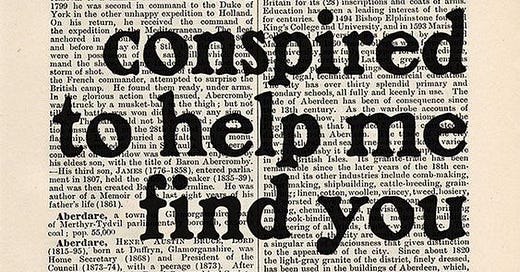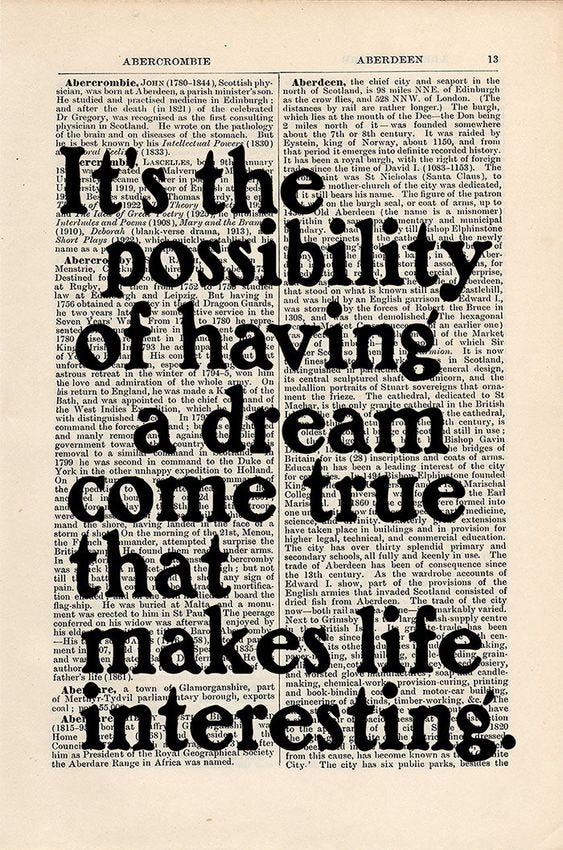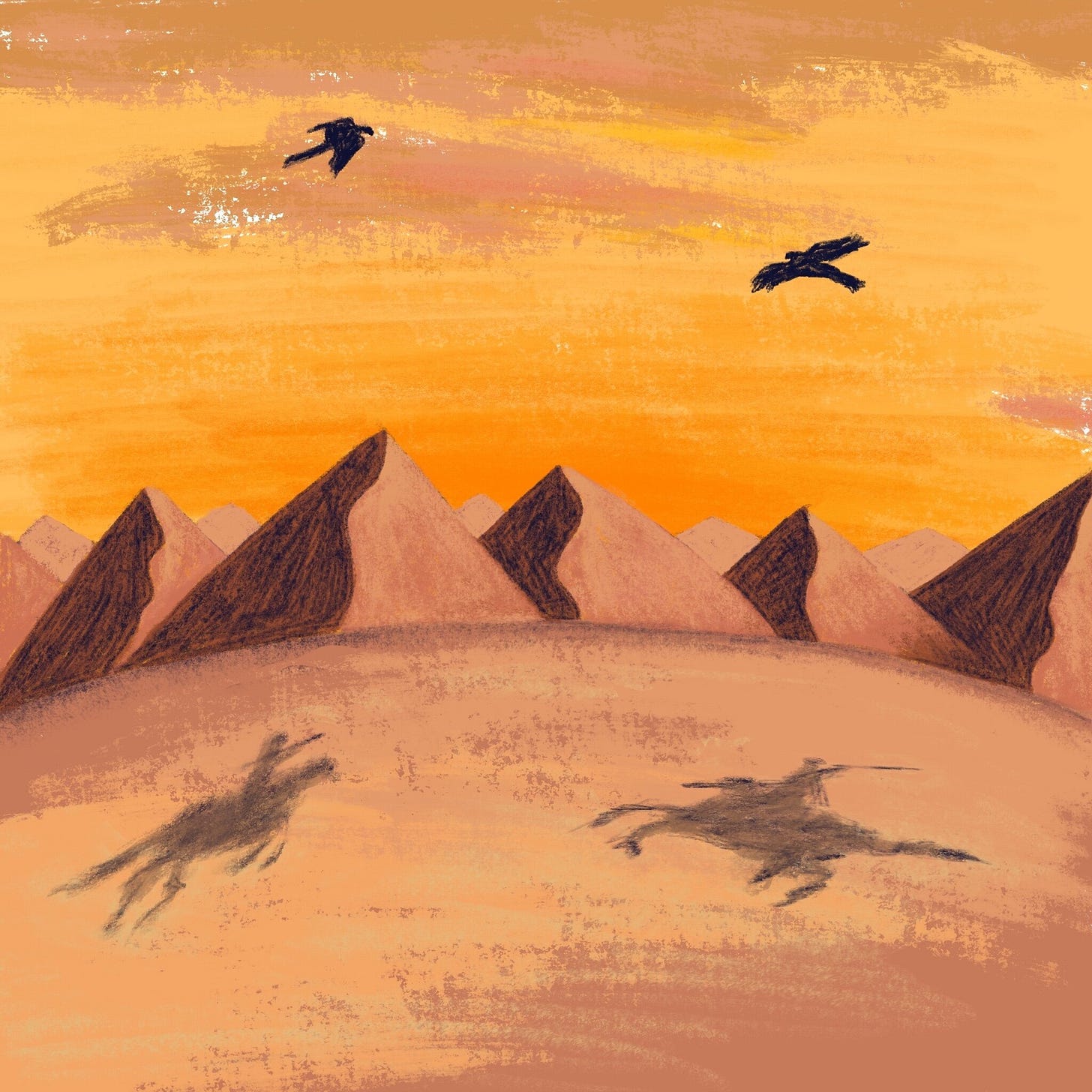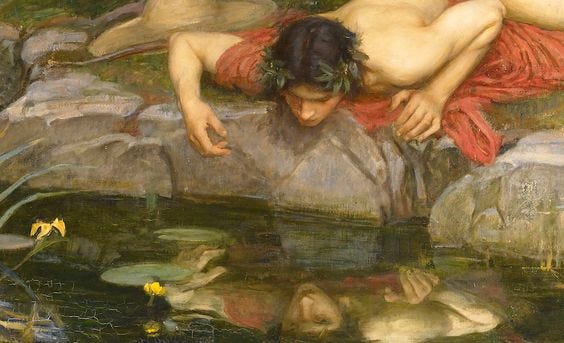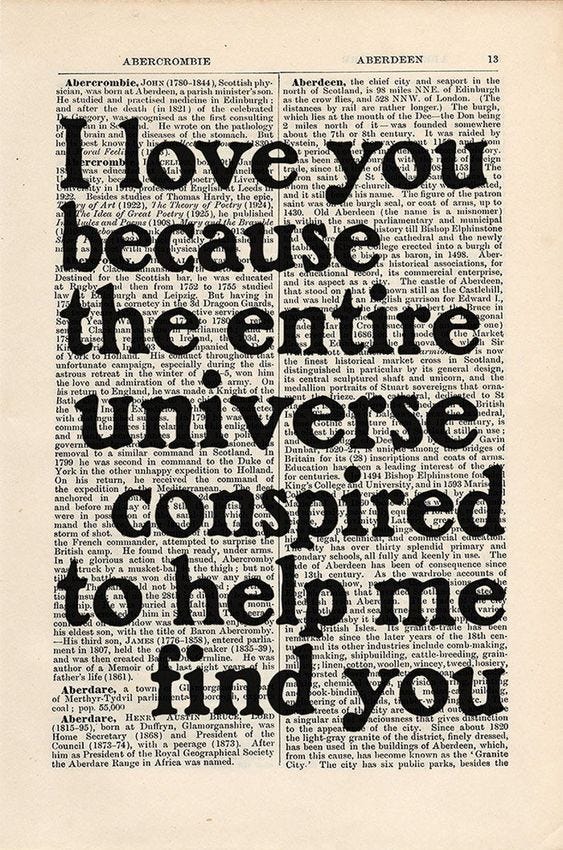‘The Alchemist’ is a novel about a boy named Santiago, who embarks on a journey towards the Pyramids to see-through his Personal legend. As he travels the desserts and the Oases, he learns to understand and discover the Soul of the World.
From this novel, I’ve learnt that despite the scattered identities humans share, we are all working towards and living for the same thing: our Personal Legend. Santiago learnt various things on his process of understanding the Soul of the World. He learnt things like love, loss, sacrifice, perseverance and acceptance. All of which I feel are key to understand for a fulfilling life.
Personally, this book stands out to me because of its large connection to religion. I’d say that religion is a big part of my identity and self, so having it be such a driving force within the book really elevated my ability to connect with Santiago throughout his journey.
Alike religion, I feel that this novel embodies a similar enormity that is all-encompassing yet fleeting, when attempting to process.
I realise Santiago is never referred to by name throughout the book; instead only being addressed as ‘the boy’. I think that this technique was intentionally used to separate Santiago’s nature from his duties as a servant of God.
Some may argue that it is idiocy that leads him to pursue this ‘foolish’ quest for treasure; not signs from God or cosmic interference. Yet I digress. Names are some of the most symbolic thing life can bring. When there is life, there is a name.
And yet, Coelho conveniently opted out of the use of this symbol, instead reducing Santiago to another face in the crowd, which contrasts with the great things Santiago is bound to achieve as the novel progresses. I feel that this is also a reminder of humility. We are as important and as human as the person next to us, despite the things we think we deserve, because of the achievements we’ve obtained.
Santiago achieves great things, but he is still a simple boy in Egypt, trying to find love and happiness within his own life.
While this novel encapsulates life lessons and epiphanies in a philosophical sense, I’m not naïve enough to think that Santiago’s journey of self-realisation would extend to the reality of my own life. I acknowledge that the real world is less structured and more constraining than the world Santiago lives in. However, there are various similarities I can pull from the novel and apply to my own life.
For starters, Santiago could have easily stayed a Shephard, never breaking out of his routine of comfort and seeking out his Personal Legend. Instead, he chose to sell his sheep – the only thing he had when he left his own home – and took a chance on himself, as well as his dreams. So many factors in wider society was pitted against Santiago’s interest, and his pursuit was not one of ease.
Yet, he compromises and uses the opportunities he has on-hand to help build himself a path to the things he truly wants.
I admire Santiago’s perseverance, and Coelho’s understanding, that Santiago is allowed the time to make his dreams happen. I feel like it is a common desire for individuals today to expect the results of their efforts, without allowing themselves enough time to work towards it. It’s normal to surround oneself with anxious anticipation, and it’s an instance I can relate with.
We tend to rush ourselves with our efforts, fully believing that we’re not deserving of the luxury of time to grow. In such a fast-paced world surrounding us, it’s easy to picture ourselves as a churning machine, meant to produce satisfactory results at the speed of light. But we are not created to be well-oiled machinery, we’re entitled to space and time which allow us to breathe and grow.
If there is anything this book has taught me, it is that good things come to those who desperately want it – those who will go out of their own way to work for it, despite their odds. The journey that Santiago takes is one filled with diversifying obstacles that have weathered Santiago’s character and determination. Yet, these tribulations are the ones that bear the fruit of his self-realisation and epiphanies.
Teaching me that sometimes we will find ourselves going through the most unexpected hardships; but this shouldn’t stop us from facing these challenges head-on and trusting ourselves enough to see it through. If we’re lucky, we can learn interesting things about ourselves and our identities through these events.
A main idea Santiago struggles with throughout the book, is figuring out what he wants to achieve in life. I empathise and relate to this struggle; it’s easy to lose yourself in the large scheme of things, it takes a lot of courage to withstand the tide of life as it dredges you from place to place — throwing you off balance and sending you to sink into a black void of uncertainty.
Circling back to the concept of religion, I favoured the idea presented in the novel whhich depicts God’s presence in everything life presents us with. Whether that be Santiago’s omens, or even just the breeze of a wind, ‘The Alchemist’ gives me the perspective of never truly facing life alone. It’s taught me that I can find companionship in water; and that any unturned rock is a lesson waiting to be learnt.
This euphemism for envisioning life as a body of water parallels to the prologue of the novel.
The prologue takes a different angle in retelling the story of Narcissus — a beautiful young man, fathered by a river god to a nymph, named Liriope. It explains the aftermath of Narcissus’ death from the perspective of a lake he used to sit by. The story’s narration assumes the lake weeps over the loss of Narcissus’ beauty; only to come as a shock to us when we find that the lake never knew Narcissus was beautiful.
In fact, instead of weeping over the loss of Narcissus’ beauty, she was weeping over the absence of his eyes — the absence of it no longer allowing herself the ability to stare at her own reflection in his gaze; losing the chance to perceive her own beauty.
This, to me, conveys the idea that when we find beauty in nature, life flourishes around us to keep up the consistency of that beauty. It metaphors that life translates our intentions into reality; mirroring our actions and emotions to help us produce an outcome that feeds off these factors.
We receive what we externalise.
However, alike Narcissus and his fate, this may translate negatively into our lives if not handled with delicacy. Narcissus could not imagine life without his own reflection, causing him intense distress — and this led to his demise.
It is a cold reminder that regulating our intent and ensuring the things we want are morally right and true to our ethos, is crucial in leading a fulfilling life. Narcissus’ actions may not have negatively affected the people around him, but he was also making nothing of himself or his chances at life.
This contrasts with Santiago’s disposition and his courage in breaking out of familiarity and pursuing the unknown. These two characters set a precedent in the novel for me to learn from, allowing me to use their flaws and differences, to better understand myself.
An unrealistic aspect of the novel brought to my attention by various audiences is the fact that ‘The Alchemist’ encourages the principle of favourability, which is essentially considered amateur’s luck. This stirs up mixed feelings, because it’s illogical to think that fate and intentions are the only thing required for a winning chance at achieving our dreams.
But I personally feel that this radicalised sense of hope is my favourite part of the novel. It makes you feel that anything is possible, while highlighting the fact that opening ourselves up to more opportunities, will lead us right where we’re meant to be.
In fact, a quote from the novel may just be perfect mantra for me to use when I need encouragement and a way of instilling optimism over my capabilities:
“When you want something, all the universe conspires in helping you achieve it.”


